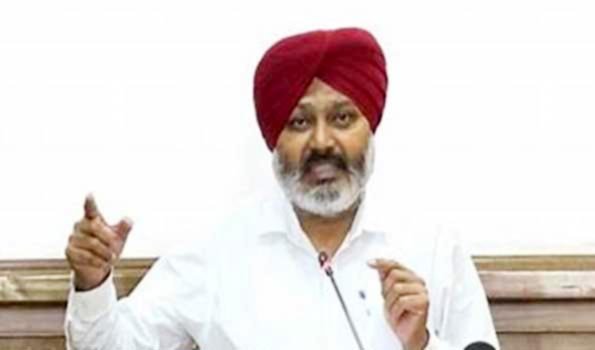Nairobi, Feb 14 (UNI) The United Nations Children’s Fund (UNICEF) said it is working with its partners to scale up support for vulnerable children and families affected by cholera in eastern and southern Africa.
UNICEF said vaccination, education, and resilience are part of a regional strategy to tackle cholera outbreaks in the region.
“UNICEF is also providing support to further strengthen the capacity of community-based volunteers, including young people and health workers, to reduce the risks of future outbreaks,” UNICEF said in a statement issued in Nairobi, the capital of Kenya, on Tuesday evening.
Since 2023, 13 countries in eastern and southern Africa have battled one of the worst cholera outbreaks to hit the region, most recently Zimbabwe, Zambia, and the Comoros.
According to UNICEF, in some countries, 52 percent of all cases are children under 15 years, with children under five accounting for approximately 40 percent of deaths and 30 percent of cases.
UNICEF said it has facilitated the delivery of over 26 million oral cholera vaccines (OCV) doses to eight priority countries with high cholera burden in the region – Ethiopia, Kenya, Malawi, Mozambique, Somalia, South Sudan, Zambia, and Zimbabwe.
In addition to large-scale national cholera vaccination campaigns led by governments, the World Health Organization (WHO), and partners, backed by community-based volunteers and health workers, UNICEF said it is working with governments and local partners to ensure that children’s learning is not interrupted.
It is also working to ensure that children have continued access to clean water and sanitation facilities, health supplies, and medical products.
“The preparedness and response that UNICEF has been able to provide to date would not have been possible without the generous and timely support of its partners,” UNICEF said.
UNICEF said it is also cooperating with the WHO, the Africa Centers for Disease Control and Prevention (Africa CDC), governments, and other partners to coordinate cholera response at regional and country levels.
It has provided emergency health, water, and sanitation supplies as well as medical products, including cholera treatment kits and equipment to establish cholera treatment facilities.











